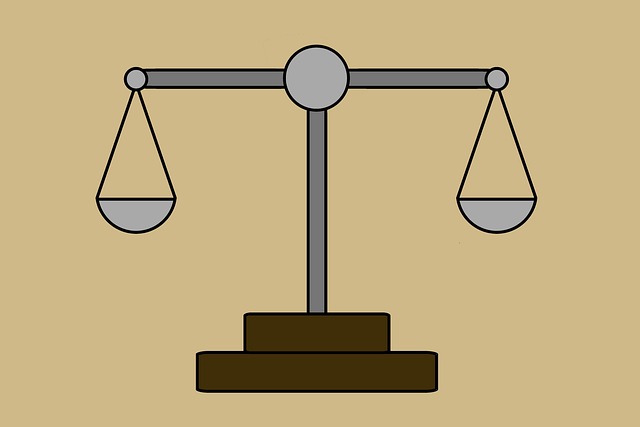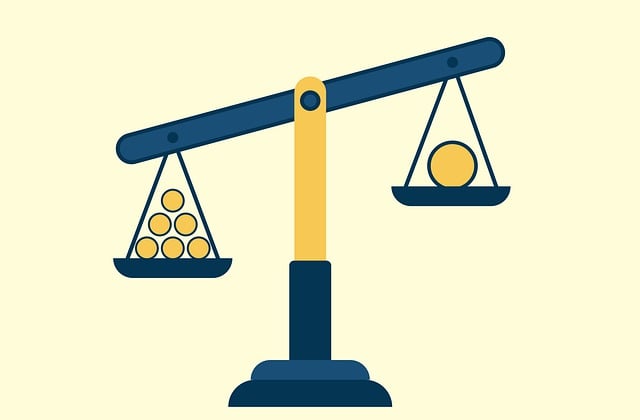Environmental Crime Trials are legal processes focusing on prosecuting individuals and organizations for ecological offenses, relying heavily on scientific analyses, photographic evidence, expert witness testimonies, and compliance records. These trials differ from general criminal defenses as defendants often claim lawful actions or lack of malicious intent. The presentation of compelling evidence, such as water quality reports, air monitoring data, and community accounts, is crucial for securing convictions in cases like pollution and wildlife trafficking. High-profile cases like ExxonMobil and Mounton Chemical have set precedents and led to financial penalties, community compensation, and improved corporate responsibility. Understanding successful environmental crime trials offers valuable insights into presenting evidence effectively, achieving justice, and deterring future ecological crimes.
“Environmental Crime Trials: Unveiling Ecological Offenses and Seeking Justice
As environmental degradation persists, the need for robust legal mechanisms has never been more critical. This article explores ‘Environmental Crime Trials’—a burgeoning field focused on prosecuting ecological offenses. We delve into the definition and scope, revealing a range of crimes from pollution to habitat destruction. Understanding evidence collection methods is essential, as we examine sources and techniques tailored for criminal proceedings. Case studies highlight successful trials, while discussing the future of environmental justice offers insights into best practices, emphasizing the importance of evidence in securing convictions.”
- Understanding Environmental Crime Trials: Definition and Scope
- Key Types of Environmental Crimes and Their Legal Implications
- Uncovering Evidence: Sources and Methods for Criminal Proceedings
- Case Studies: Notable Environmental Crime Trials and Their Impact
- The Future of Environmental Justice: Lessons Learned and Best Practices
Understanding Environmental Crime Trials: Definition and Scope

Environmental Crime Trials are legal proceedings that focus on holding individuals or organizations accountable for violating environmental laws and regulations. These trials encompass a wide range of offenses, including pollution, habitat destruction, illegal dumping, and other forms of ecological damage. Understanding Environmental Crime Trials involves recognizing their significance in ensuring environmental protection and deterring future violations.
In these trials, examples of evidence in criminal trials play a pivotal role. This can include scientific analyses like water and soil testing results, photographic evidence capturing pollution sources, witness testimonies from experts or affected communities, and documentation of non-compliance with environmental permits. The scope of these trials extends to all stages of the investigative and enforcement process, aiming to avoid indictment by presenting robust evidence and adhering to legal defenses specific to environmental cases. Unlike general criminal defense strategies, which may focus on questioning evidence or raising procedural issues, environmental defendants often argue that their actions were lawful or that they had no intent to cause harm, making these trials unique within the criminal justice system.
Key Types of Environmental Crimes and Their Legal Implications

Environmental crimes encompass a range of illegal activities that cause significant harm to ecosystems and communities. Some key types include pollution, illegal dumping, deforestation, and wildlife trafficking. These offenses carry substantial legal implications, with strict penalties for individuals and corporations found guilty. In high-stakes cases, such as jury trials, the presentation of compelling evidence is crucial for securing winning challenging defense verdicts.
For instance, in pollution cases, examples of evidence in criminal trials may include water quality reports, air monitoring data, and photographs documenting the environmental damage. Testimonies from experts and affected community members can also play a pivotal role. Similarly, in wildlife trafficking cases, illegal trade routes, seized animals, and financial records linked to the smuggling operations can serve as strong legal proofs. These tangible pieces of evidence are instrumental in building robust cases and ensuring justice for these grave offenses.
Uncovering Evidence: Sources and Methods for Criminal Proceedings

Uncovering evidence is a critical step in environmental crime trials, where the presentation of concrete facts and data can make or break a case. In such proceedings, examples of evidence in criminal trials include scientific reports, environmental samples, and witness testimonies. Scientists and experts play a pivotal role in collecting and analyzing data, using advanced techniques to detect pollutants and assess their impact. For instance, soil and water samples can reveal the presence and levels of contaminants, while air quality monitoring data provides insights into pollution patterns.
Additionally, documents like permits, environmental impact assessments, and corporate communications can serve as compelling evidence. These sources offer a window into the respective business’s operations and potential non-compliance with environmental regulations across the country. Jury trials often hinge on the credibility and comprehensiveness of this evidence, highlighting the importance of robust investigative methods and meticulous record-keeping in environmental crime cases.
Case Studies: Notable Environmental Crime Trials and Their Impact

Environmental crime trials have served as powerful tools for holding individuals and corporations accountable for their destructive actions against the planet. Case studies like the one involving ExxonMobil stand out, where extensive documentation and scientific evidence revealed decades of deceit and cover-up related to climate change and pollution. This trial not only led to significant financial penalties but also set a precedent for future cases by showcasing the importance of transparent corporate conduct.
Another notable example is the prosecution of Mounton Chemical for water contamination in a small community. The case highlighted how detailed environmental impact assessments and victim testimony can be used as examples of evidence in criminal trials, demonstrating the severe consequences of pollution. This unprecedented track record of successful prosecutions sends a clear message to potential offenders, deterring them from engaging in similar activities and ensuring that justice is served for ecological crimes. These trials not only compensate affected communities but also drive broader changes in corporate responsibility, often avoiding indictment through proactive environmental stewardship measures.
The Future of Environmental Justice: Lessons Learned and Best Practices

As we look to the future of environmental justice, one key aspect is learning from past trials and adopting best practices. Environmental crime trials have become increasingly significant in holding corporate and individual clients accountable for their actions. Examining successful cases provides valuable insights into presenting compelling evidence, such as examples of contaminated sites, regulatory violations, and harm to ecosystems or communities. This not only strengthens the legal arguments but also ensures justice is served.
The process of achieving extraordinary results in high-stakes cases involves a strategic approach. It requires robust investigation techniques to uncover damaging evidence, expert witnesses to interpret complex data, and effective communication to present it compellingly. By leveraging these strategies, environmental attorneys can secure convictions and set precedents, ultimately deterring future violations and protecting the environment and communities for generations to come.
Environmental crime trials play a pivotal role in holding perpetrators accountable for damaging our planet. By understanding the scope of these crimes, recognizing their legal implications, and employing effective evidence-gathering methods, we can ensure justice is served. Case studies highlight successful prosecutions that have had significant impacts on environmental protection. Moving forward, adopting best practices and learning from past experiences will be crucial to fostering environmental justice and deterring future crimes. Moreover, thoroughly documenting examples of evidence in criminal trials will strengthen the legal framework surrounding environmental cases, ultimately contributing to a greener and more sustainable future.






